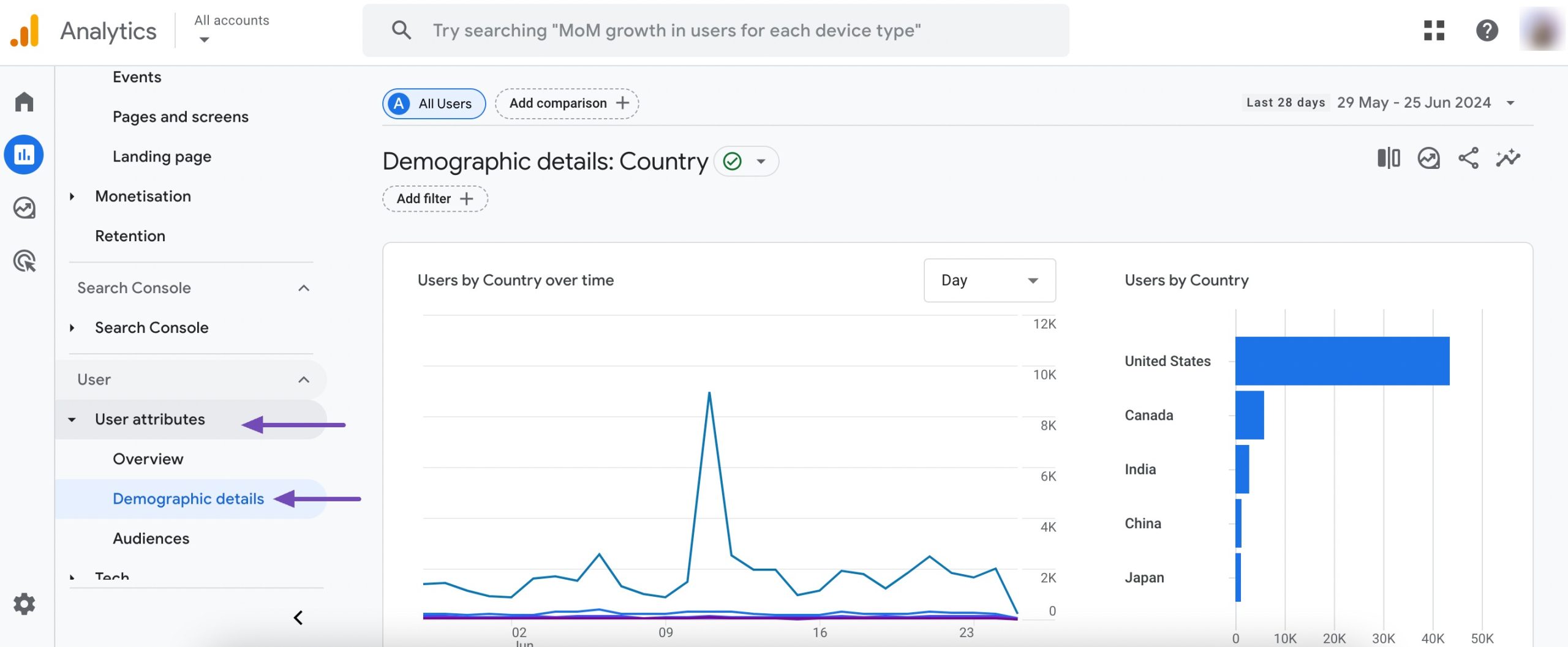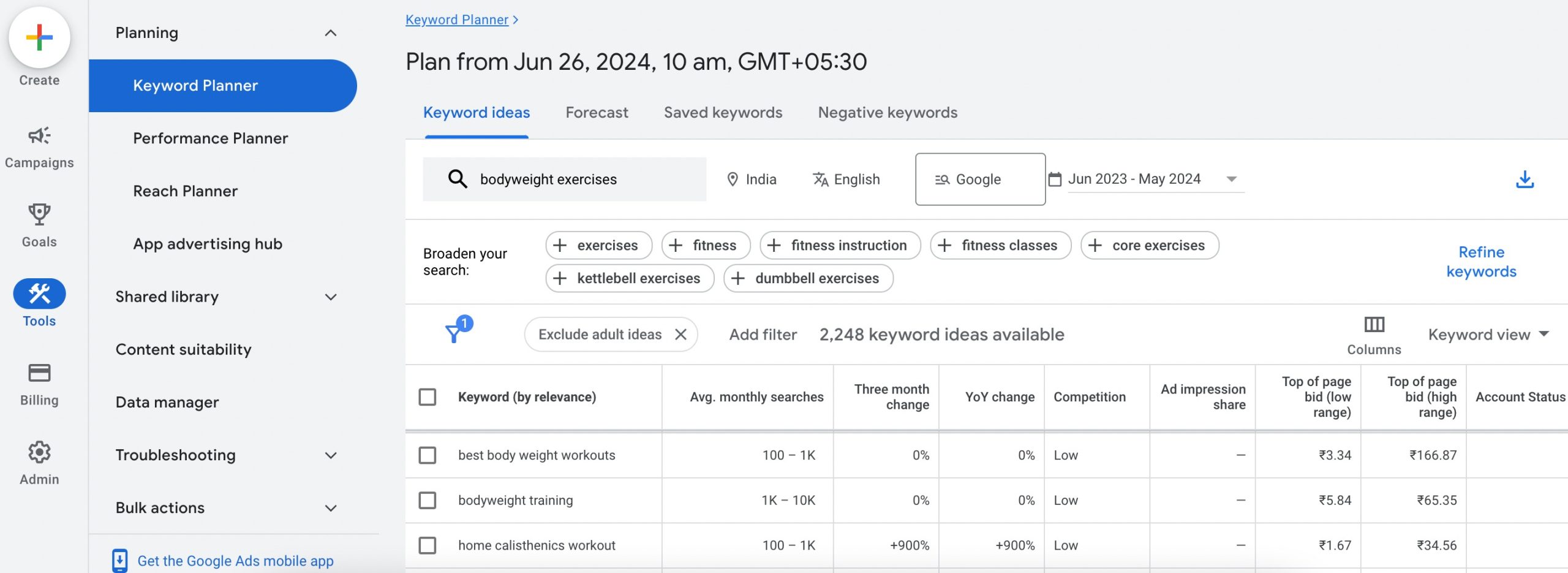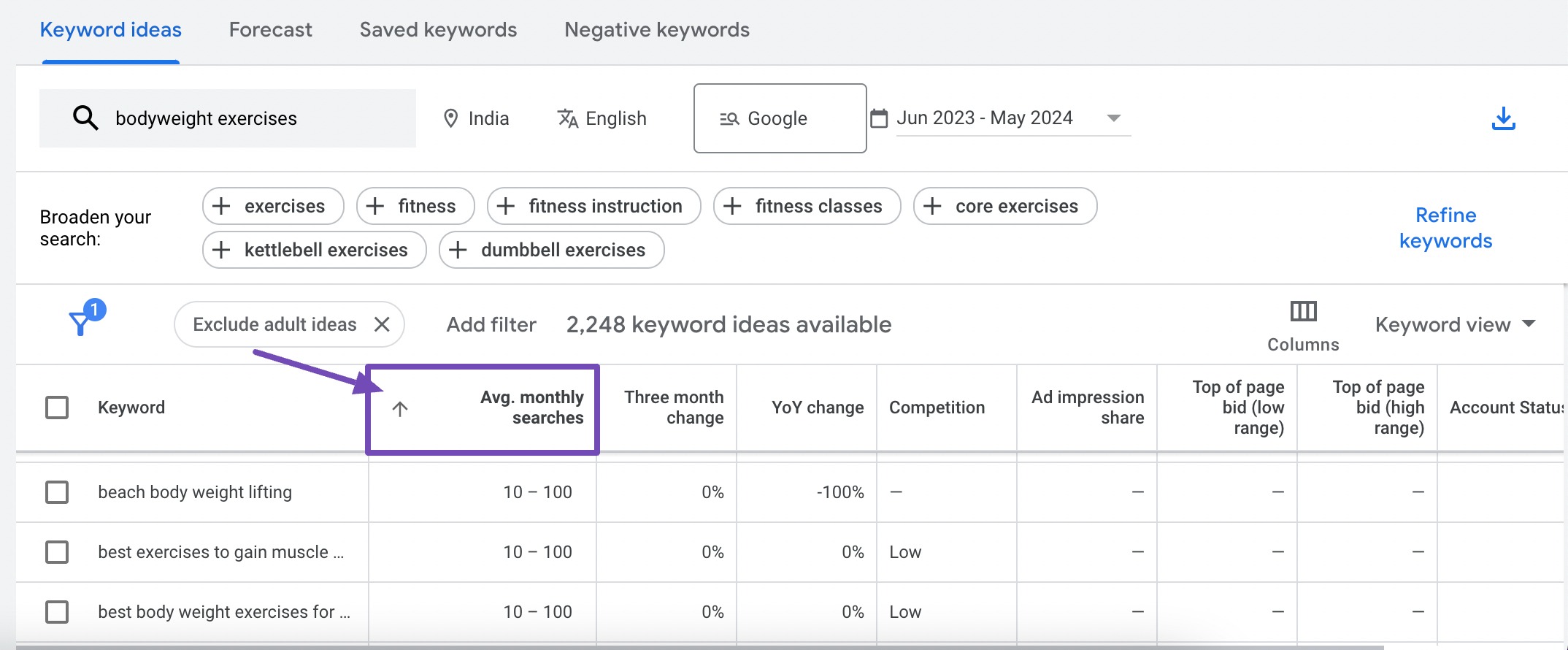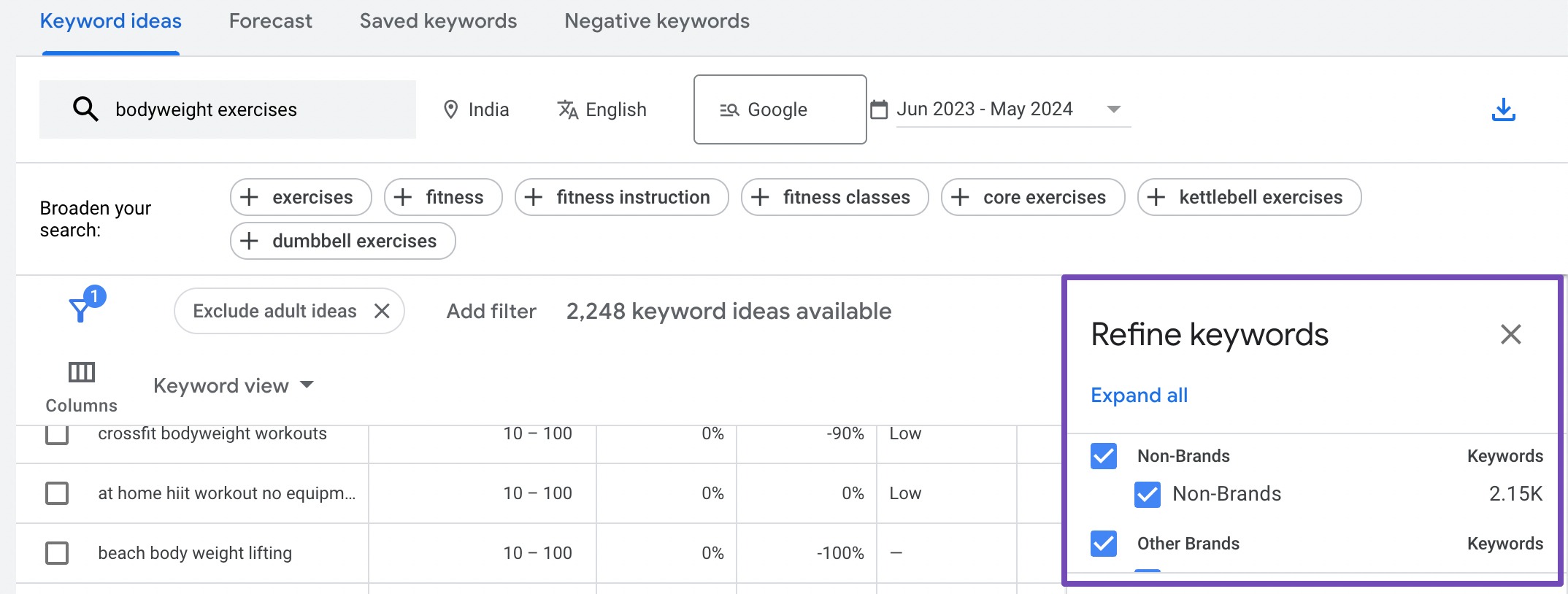If you’ve ever struggled to get your content noticed, chances are you’ve been targeting keywords that are just too competitive.
Instead of looking for the same broad terms as everyone else, you can stand out by focusing on niche keyword research. The right niche keywords don’t just bring traffic, they attract the exact audience that’s interested in what you offer.
The best part? Finding these keywords isn’t as complicated as it sounds. With the right approach, you can find high-value opportunities that others are missing.
In this post, you’ll learn how to find niche keywords, so you can create content that ranks higher, drives targeted traffic, and helps your website grow faster.
So, without any further ado, let’s get started.
Table Of Contents
1 What Are Niche Keywords?
Niche keywords are search terms that focus on a very specific topic within a larger market. Instead of covering everything broadly, they zoom in on a smaller area that matters to a certain group of the audience.
Unlike general keywords that attract a wide mix of visitors, niche keywords bring in a smaller but more relevant audience. Even though fewer audience members search for them, those who do are often looking for exactly what you offer, making them more likely to read, subscribe, or buy.
Because they’re more focused, niche keywords usually face less competition, which makes it easier for you to rank higher in search results. They also tend to be longer phrases, often called long-tail keywords, rather than single words.
For example, take the broad keyword fitness. If you narrow it down to postpartum fitness exercises, you’re targeting new mothers who want workout routines designed for their specific stage of life.
That’s the power of niche keywords: you connect with the right audience.
2 Steps for Starting Niche Keyword Research
Let us now discuss a step-by-step process for niche keyword research.
2.1 Understand Your Market
To conduct effective niche keyword research, it’s essential to have a deep understanding of your market. This involves analyzing your products, services, or content and identifying your target audience and their specific needs and preferences.
By comprehensively understanding these elements, you can develop your keyword strategy to attract and engage the right audience.
Analyzing Your Products, Services, or Content
The first step in understanding your market is to analyze what you offer. Whether it’s a product, a service, or content, you must understand its unique features, benefits, and value propositions.
Ask yourself the following questions:
- What problems does my product/service/content solve?
- What are the key features and benefits?
- How does it stand out from competitors?
For instance, if you run a fitness blog, you might offer workout routines, nutrition advice, and wellness tips. These categories can be further divided into more specific topics, like home workout routines for beginners or nutrition tips for muscle gain.
Identifying the Target Audience and Their Needs
Once you know what you’re offering, the next step is to understand who you’re offering it to. Think about:
- Demographics: Age, gender, location, income level, education, etc.
- Psychographics: Interests, values, lifestyle, behaviour, etc.
- Pain Points: What problems or challenges are they facing that your product/service/content can solve?
- Motivations: What drives their decision-making process? What are they looking to achieve?
For instance, if you offer postpartum fitness programs, your target audience can be new mothers looking to regain their fitness safely and effectively. By considering their needs, like limited time and physical recovery, you can align your keywords and content to match their intent.
Google Analytics 4 provides detailed insights into your target audience. To access this information, navigate to Reports → User Attributes → Demographic details from your Google Analytics 4 account, as shown below.

This report provides essential demographic information and includes details about their language, interests, location, age, and gender.
2.2 Create and Refine List of Keywords
Once you’ve done your initial research, create a list of keywords.
You can begin by entering a seed keyword or keyphrase relevant to your niche.
Before diving into tools, start by manually checking auto-suggest on Google and YouTube, forums like Reddit/Quora, and reviewing People also ask boxes for common questions in your niche. These are excellent, free sources of long-tail terms.
You can use Google Keyword Planner to find seed keywords. For instance, in our fitness blog example, you can find keyword ideas such as home workouts for beginners and best bodyweight workouts.
Next, Google Keyword Planner generates keyword ideas based on your initial input. It offers a list of related keywords along with their average monthly search volumes, competition level, and suggested bid prices for advertising purposes.

The tool also allows you to filter and refine keyword ideas based on criteria such as location, language, and historical trends.
To find niche terms, you can sort the average monthly searches from low to high.

This helps you narrow down your focus to keywords that are most relevant to your target audience and align with your SEO objectives.
On the right of the screen, navigate to the Refine keywords section, and you can narrow your search to exclude irrelevant brands.

2.3 Evaluate Your Competitors
Evaluating your competitors is a key step in niche keyword research. By looking at the keywords and content strategies they use, you can spot opportunities to improve your own approach and stand out in your niche.

Start by identifying who your real competitors are. These are the websites, blogs, or businesses targeting the same audience as you with similar topics, products, or services.
An easy way to find them is to search for your main keywords on Google and see which sites consistently rank on the first page.
Once you know who they are, dig into the keywords they’re ranking for and the type of content they’re publishing. This helps you understand what’s working for them and where you can do better.
The goal here isn’t to copy them, but to spot content gaps, questions or specific problems your competitors haven’t answered yet, which represent perfect low-competition niche opportunities.
Refer to our dedicated tutorial on finding and analyzing competitor keywords using different tools.
3 Frequently Asked Questions
How are niche keywords different from regular keywords?
Niche keywords are more specific, often long-tail, and target a clearly defined audience, while regular keywords usually have broader intent and higher competition.
How do I evaluate niche keyword difficulty?
Check factors like search volume, competition level, SERP quality, and the authority of ranking websites to assess whether a niche keyword is worth targeting.
How does search intent affect niche keyword research?
Understanding search intent ensures your content matches what users are actually looking for, which improves rankings, engagement, and conversions.
Can niche keyword research help build topical authority?
Yes. Consistently publishing content around related niche keywords helps establish topical relevance and authority in search engines.
4 Conclusion
Finding niche keywords is one of the most effective ways to grow your website. By understanding your audience’s needs, studying your competitors, and using tools like Google Keyword Planner, you can find search terms that bring the right visitors to your site.
Niche keywords help you stand out, attract audiences who are genuinely interested in what you offer, and increase the chances of turning them into loyal readers or customers.
Keep in mind that keyword research isn’t a one-time task. As search trends change, you’ll want to revisit and refine your keywords to stay ahead.
If you consistently invest time in niche keyword research, you’ll make it easier for your content to rank, build trust with your audience, and achieve lasting results online.
If you like this post, let us know by tweeting @rankmathseo.
